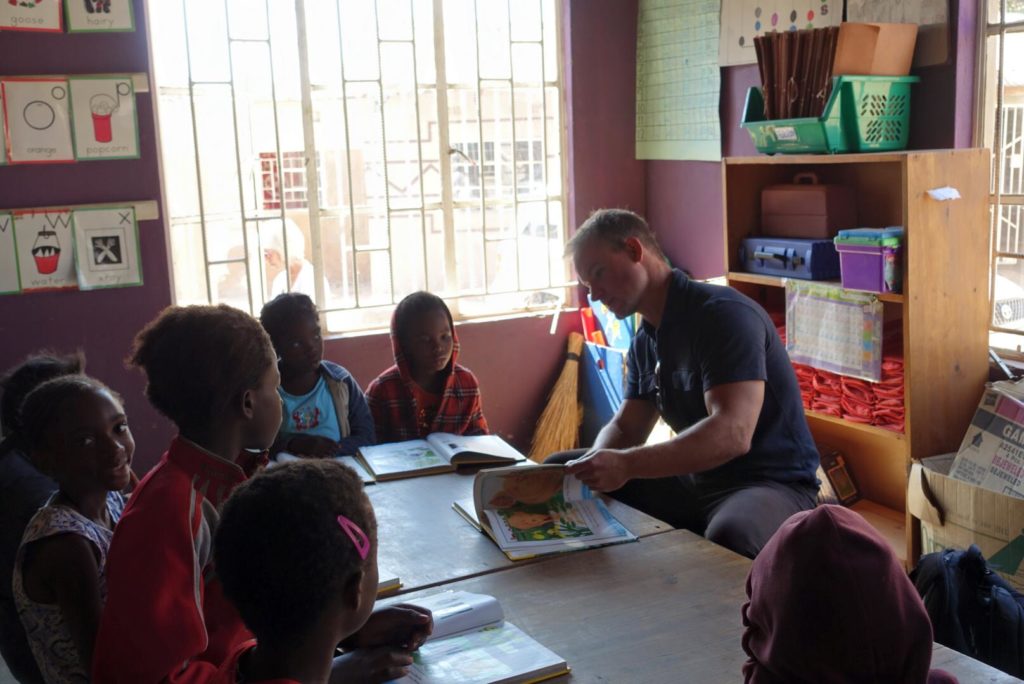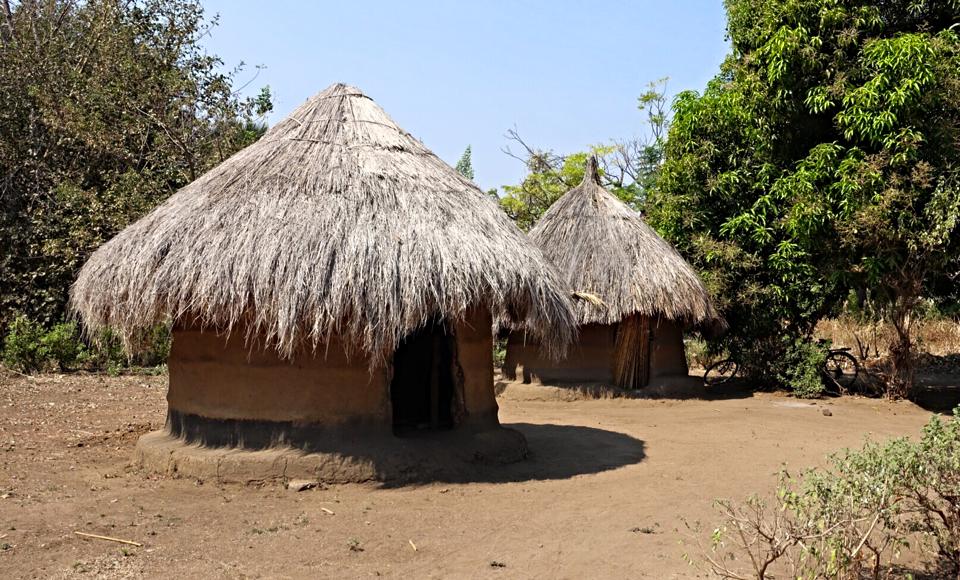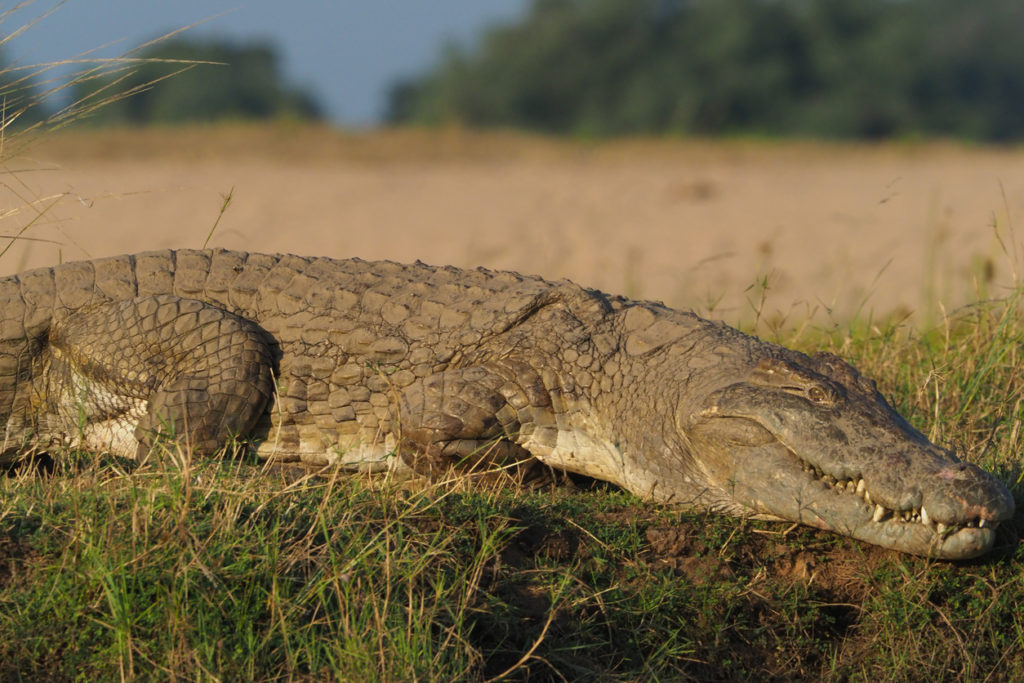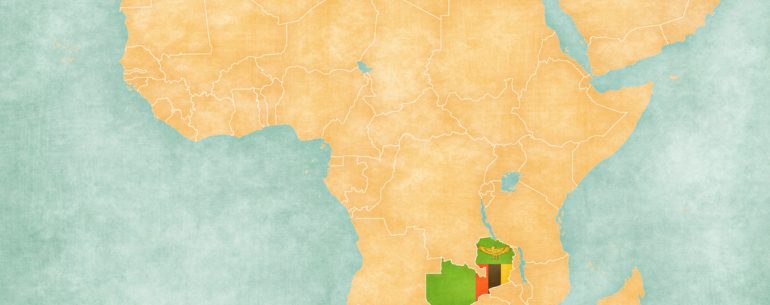When I was growing up in the 1980s, Africa was portrayed in the news as a continent riddled with war and poverty. It’s partly due to the nature of news—sensationalism sells—but it was also stark reality.
Many wars in Africa ended when the Berlin Wall came down in 1991. Still, by the mid-90s, thirty-one of the continent’s fifty-three countries were still suffering Civil War or serious civil disturbance. Even today, there is horrific savagery in Mali, South Sudan, Libya, Nigeria and Congo.
When I visited Africa in 2015, I avoided countries still plagued with battles between ethnic groups. But I did visit parts of “Mama Africa” where there’s no shortage of abject poverty, despair and hopelessness, disease and death.
Facts of Life in Zambia
I flew into Lusaka, Zambia, a landlocked country roughly the size of Texas. There are 72 languages spoken there. Whites make up .2% of the population.
I was 8,741 miles from home, but it felt farther than that.
The leading cause of death in Zambia is HIV/AIDS. Since its outbreak in the 1980s, AIDS has killed over 30 million people. Recent developments in science have made AIDS a chronic condition instead of a death sentence, but few Africans have “Magic Johnson-money” to afford treatment.
“You’re either affected or infected with HIV/AIDS” is a common saying in Zambia. I learned the slogan while volunteer-teaching at Chikumbuso Orphans Project, where 95% of the organization’s kids were born with HIV.
Our students’ reading assignments encouraged them to eat vegetables and protein. Their spelling words were: “vitamins,” “carbohydrates,” “underweight.” etc. I don’t think the kids realized their curriculum was specifically tailored to their real life needs.
Malnutrition, especially protein-energy malnutrition, is another leading cause of death in Zambia—5% of all loss of life, with 99% being children.

Road Trip to Zambezi River
The host family I stayed with in Lusaka owns a property on the Zambezi River—a river which evokes mystery and excitement. It’s one of the world’s few remaining pristine rivers largely unexplored. Hippopotamus, crocodiles, elephants and lions live along parts of the river.
When my host offered to take me to see their property, I packed my binoculars. The 2-hour drive wasn’t scenic. There were no restaurants or convenience stores; no gas stations or strip malls.
We passed several car accidents on the highway, which seemed odd because each accident looked fresh. There were no “rubber neckers” causing traffic jams and no medical personnel. We’d slow down to swerve around mangled cars.
The awful scenes resembled something you might see staged by Mothers Against Drunk Driving (MADD) in the United States. Or wreckage placed in front of high schools to serve as a warning not to text & drive.
My host said the cars had likely been there for days, if not weeks. She said, “Unless you pay for private ambulance service, help doesn’t come.” Then she said in a low-voice, “One thing you’ll notice is that life doesn’t seem to matter as much here.” She whispered, “There are probably dead bodies in those cars.”
Two-thirds of our drive was on paved highway; the other third on bumpy dirt roads. There was poverty everywhere—people living in straw huts. Their only means of transportation was their feet. Women walked beside the road effortlessly balancing huge baskets on their heads as if it was the reason they had heads.

Wildlife on the River
When we arrived at the Zambezi River property, one of the workers came out to greet us. He had black skin almost purple in hue. He reminded me of Hakeem Olajuwon, but much shorter. When I shook his hand, his face lit up.
He was a nice guy, smiled a lot. Probably in his early twenties. He was curious where I’d come from and what I was doing there and we became fast friends. I complimented the camouflaged shirt he was wearing. Resembling hand-me-down kids’ pajamas more than army fatigues, it said “USA” in faded cursive letters.
I asked him to take me to the river so I could see wildlife since I’d never seen game outside a zoo. Once we reached the river bank, he leaned forward from the hips and squinted to scan the river.
He extended his arms and held his breath as if we were playing animal charades. He indicated my binoculars and pointed toward hippos. A site to behold, some of the hippos had their mouths open—he was amused that I was amused.
My new pal knew I wanted to see crocodiles too. He continued looking.
Moments later he got excited and made the “gator chomp” motion to let me know he saw crocs. We moved a little too close for my comfort, but saw a dozen crocs sunning on the river bank 50 yards from the hippos. We walked even closer to the river so I could take pictures.

On our way back to Lusaka, I asked my host about the guy who showed me around. She said he’s a good worker, and remembered she needed to find a replacement for his brother. It seemed my question served as a reminder.
She said his brother had died a few weeks ago. This was her first visit to the property since he’d died.
I was shocked—the brother seemed so happy and healthy. I asked if he died of AIDS. She said, “No, he was eaten by a crocodile down by the river bank.”
Reflections on Africa
Africa is a unique and special place. Many of its people have natural what we call social skills—natural because it isn’t taught. When they ask how you’re doing, they look you in the eye and listen to your response. There’s no ego or self-consciousness.
Visitors are welcomed and cared for. My buddy, Adam, and I, were asked a ton of questions by our students. They were genuinely interested in our story. Mostly they’d say, “Tell me about your mother and your father.”
The humanity in Africa leaves a mark. Even their hugs are different—they hold on to you longer. Relationships build quicker. These were my first impressions of Africa.



